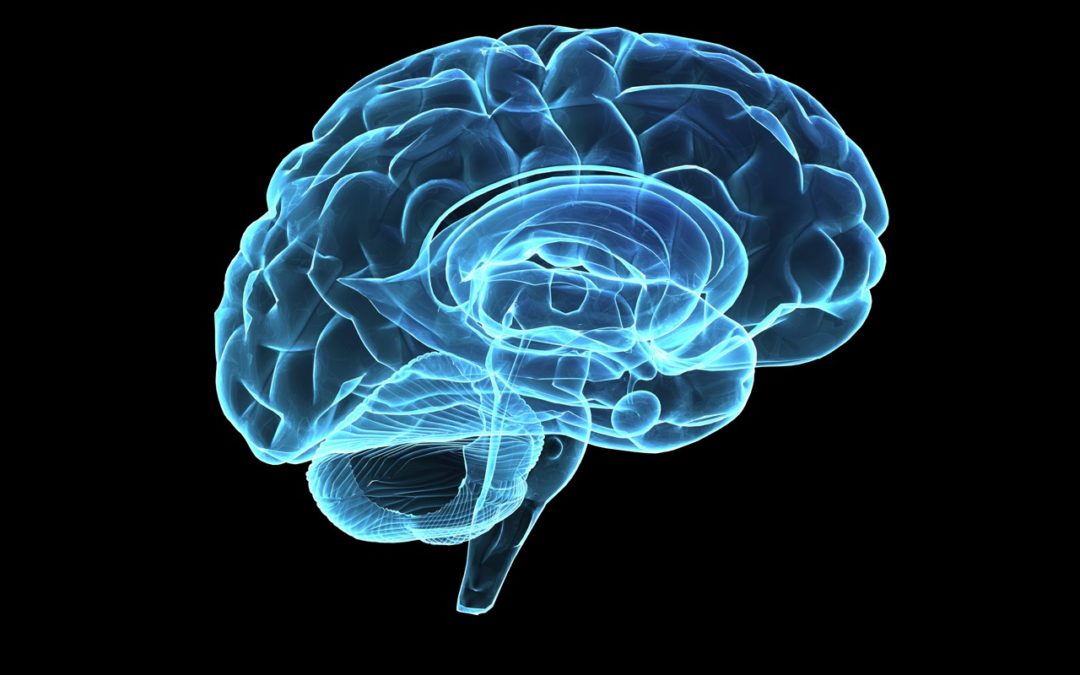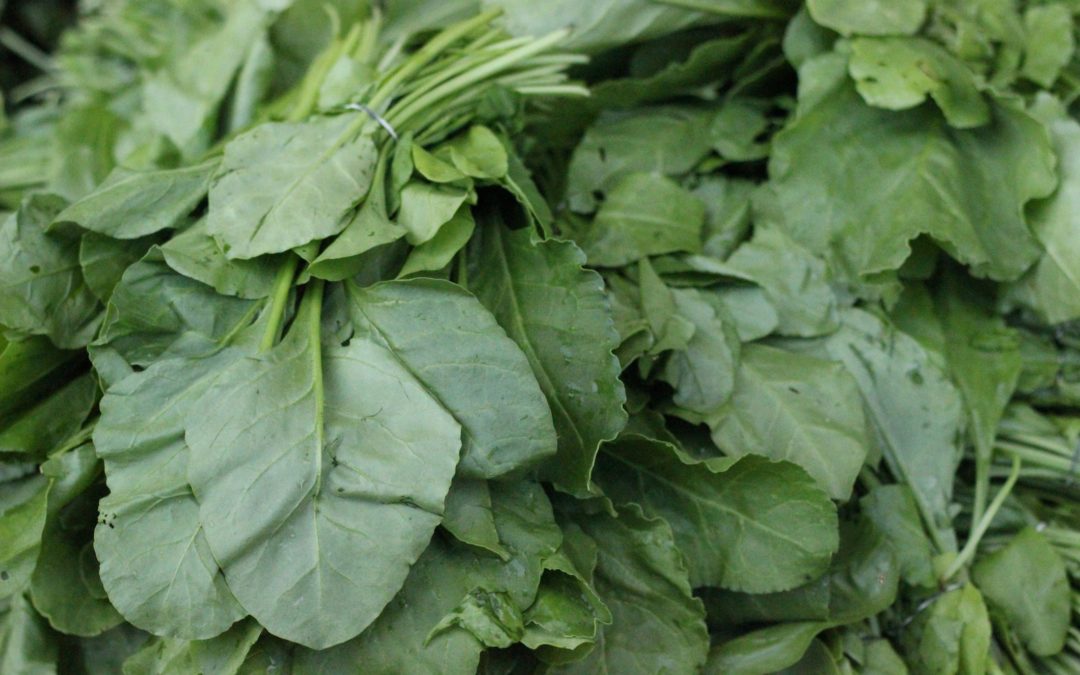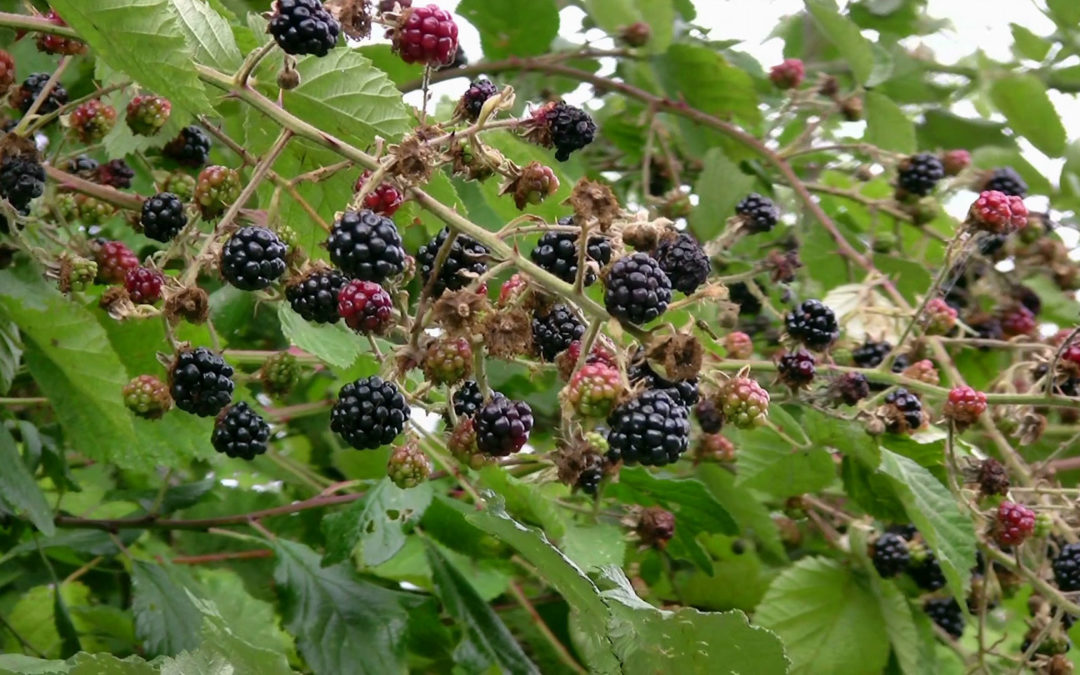by Gill | Feb 12, 2019 | Digestion, Health Conditions, Most Recent, Natural Facts, Weekly Health Tips
Introduction More than 15 million Americans currently use proton pump inhibitors, or PPIs, to treat heartburn due to gastroesophageal reflux disease (GERD). The drugs come in either in prescription or over-the-counter forms, including well-known names like Prevacid,...

by Gill | Feb 5, 2019 | Health Conditions, Most Recent, Natural Facts, Supplements, Treatments and Research
Introduction Many times there are extremely positive preliminary results with a natural product improving very serious health condition and there is no follow up studies. In 2005, a clinical trial indicated that a common dietary supplement can produce meaningful...
by Gill | Jan 30, 2019 | Alzheimer's Disease, Anti-Aging, Health Conditions, Most Recent, Natural Facts
Introduction The use of acid-blocking drugs, like Nexium and Prilosec, in the treatment of gastroesophageal reflux disease (GERD) and indigestion is a prime example of how drugs designed to only suppress symptoms can create a long list of possible adverse effects and...

by Gill | Jan 15, 2019 | Healing Food Facts, Most Recent, Natural Facts
Introduction Is memory loss and decreased brain power inevitable as we age? Many people in their 40s, 50s and beyond are told that it is and there is nothing that can be done about it. Is that true? Of course not. Steps can be taken to not only stop memory loss, but...

by Gill | Jan 8, 2019 | Healing Food Facts, Health Conditions, Most Recent, Natural Facts, Weekly Health Tips
Introduction One of the biggest mistakes that people with diabetes or desiring weight loss do is stay away from fruit. While it is true that fruits contain natural sugars that have the potential to stress blood sugar control, they are also rich in fiber, antioxidants,...





